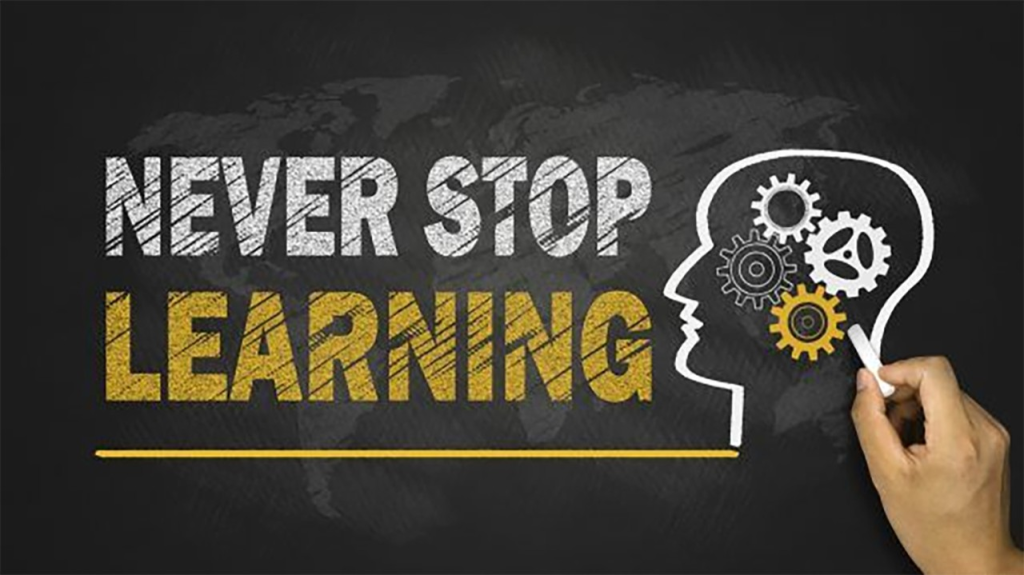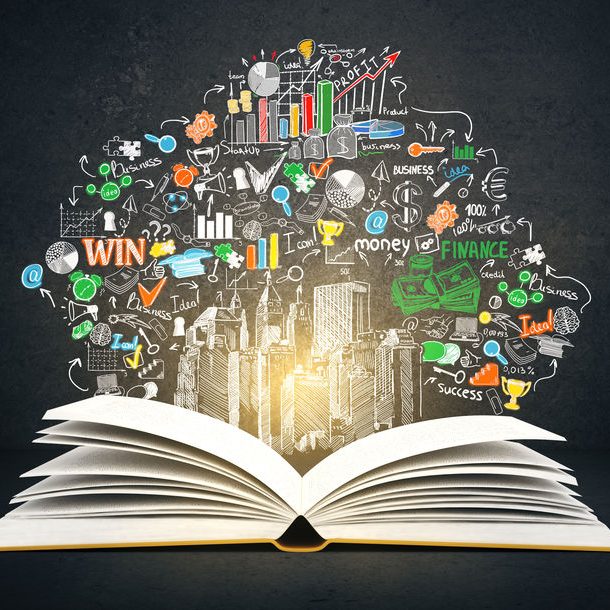In today’s rapidly evolving world, the concept of education confined to formal schooling years has become increasingly obsolete. Instead, lifelong learning benefits extend far beyond traditional academic settings, encompassing continuous skill development, personal growth, and adaptability throughout one’s entire life journey. This ongoing educational approach has transformed from a personal enrichment choice to a necessity for thriving in our knowledge-based society.
Understanding Lifelong Learning
Lifelong learning refers to the voluntary and self-motivated pursuit of knowledge for personal or professional reasons throughout life. Unlike conventional education, which follows a structured curriculum during specific life phases, lifelong learning represents a mindset and approach that values continuous growth and development.
The concept encompasses various learning forms:
- Formal education (degrees, certifications)
- Non-formal education (workshops, seminars)
- Informal learning (self-directed research, reading)
- Experiential learning (practical experience, travel)
- Social learning (communities of practice, mentorships)
This multifaceted nature means that lifelong learning benefits manifest in numerous ways across different aspects of life, creating a compounding positive effect over time.
Professional Advantages of Continuous Learning
The workplace landscape continues evolving at an unprecedented pace, making ongoing education essential for career sustainability and growth.
Career Adaptability and Resilience
Continuous learning directly enhances professional resilience:
- Develops transferable skills applicable across industries
- Prepares individuals for career pivots when necessary
- Reduces vulnerability to technological displacement
- Creates opportunities for advancement beyond current roles
- Builds confidence to tackle unfamiliar challenges
As automation and artificial intelligence transform job markets, the ability to adapt through learning becomes increasingly valuable.
Enhanced Employability
Employers consistently prioritize candidates demonstrating learning agility:
- Signals proactive attitude and self-motivation
- Demonstrates relevant, up-to-date knowledge
- Shows commitment to professional development
- Indicates ability to grow with the organization
- Brings fresh ideas and perspectives to teams
These attributes make lifelong learners particularly attractive in competitive job markets where technical skills alone may not differentiate candidates.

Income Potential
The financial adult education resources demonstrate clear correlations between continued learning and earning capacity:
- Higher educational attainment correlates with increased lifetime earnings
- Specialized skills command premium compensation
- Continuous upskilling enables progression to higher-paying positions
- Learning agility opens doors to entrepreneurial opportunities
- Professional certifications can significantly boost earning potential
While not the sole motivation, these financial lifelong learning benefits provide tangible returns on educational investments.
Cognitive Benefits and Brain Health
Beyond professional advantages, ongoing intellectual engagement significantly impacts brain function and cognitive wellbeing.
Neurological Advantages
Research consistently demonstrates that active learning promotes brain health:
- Builds cognitive reserve that provides resilience against age-related decline
- Creates new neural pathways through neuroplasticity
- Improves working memory and information processing
- Enhances problem-solving capabilities and creative thinking
- May help delay or prevent dementia and Alzheimer’s disease
These neurological lifelong learning benefits become increasingly important as life expectancies extend and maintaining cognitive health throughout aging becomes essential.
Mental Flexibility and Adaptability
Regular learning experiences cultivate mental agility:
- Develops comfort with uncertainty and ambiguity
- Improves ability to consider multiple perspectives
- Enhances pattern recognition across different domains
- Builds capacity to integrate diverse information sources
- Fosters intellectual curiosity and openness to new ideas
This mental flexibility proves valuable not only professionally but in navigating life’s complex personal challenges and changing social landscapes.
Personal Development and Fulfillment
The pursuit of knowledge contributes significantly to personal growth and satisfaction beyond practical applications.
Self-Efficacy and Confidence
Continuous learning builds self-assurance:
- Provides evidence of capability through progressive mastery
- Creates sense of agency and control over personal development
- Builds resilience through overcoming learning challenges
- Develops comfort with being a beginner in new domains
- Offers framework for setting and achieving meaningful goals
This increased self-efficacy often transfers across life domains, enhancing overall quality of life and subjective wellbeing.
Purpose and Meaning
Learning often connects individuals to larger purposes:
- Cultivates deeper understanding of personal interests and passions
- Creates opportunities for flow states and engagement
- Provides sense of progress and growth throughout life phases
- Offers structure during transitional periods
- Connects individual development to broader contributions
These meaning-oriented lifelong learning benefits address fundamental human needs for purpose and growth.
Enhanced Creativity
Ongoing education fuels creative capacity:
- Exposes individuals to diverse ideas and perspectives
- Creates cognitive connections between seemingly unrelated concepts
- Provides technical skills to express creative insights
- Builds confidence to explore unconventional approaches
- Offers frameworks for creative problem-solving
This creativity enhancement benefits artistic pursuits, professional innovation, and everyday problem-solving equally.
Social and Community Benefits
Learning rarely occurs in isolation, creating valuable social connections and community contributions.

Meaningful Connections
Educational pursuits often build significant relationships:
- Creates communities around shared interests and goals
- Provides natural contexts for meaningful conversation
- Develops appreciation for diverse perspectives and backgrounds
- Builds intergenerational connections through knowledge sharing
- Offers structure for collaborative growth and mutual support
These social connections represent some of the most valued lifelong learning benefits reported by adult learners.
Cultural Understanding and Empathy
Continued learning develops broader perspectives:
- Increases cultural literacy and historical context
- Provides insight into diverse human experiences
- Challenges assumptions and preconceptions
- Develops nuanced understanding of complex social issues
- Enhances ability to consider multiple viewpoints simultaneously
This expanded worldview promotes social cohesion and effective citizenship in increasingly diverse communities.
Contribution and Legacy
Learning enables more meaningful contributions:
- Develops skills applicable to volunteer and community roles
- Creates opportunities to mentor others
- Provides knowledge that can be shared across generations
- Enables more informed civic and political participation
- Facilitates contribution to fields of personal interest
These contributions create ripple effects extending the lifelong learning benefits beyond the individual to their broader communities.
Personal development strategies for Effective Lifelong Learning
While the benefits of continuous learning are clear, implementing effective learning practices requires intentional approaches.
Creating Sustainable Learning Habits
Effective lifelong learning requires sustainable practices:
- Schedule regular learning time protected from interruptions
- Connect new learning to existing knowledge and interests
- Balance challenge and capability to maintain motivation
- Implement reflection practices to consolidate learning
- Celebrate progress while maintaining growth orientation
These habits transform learning from occasional events to integrated lifestyle elements.
Overcoming Common Learning Barriers
Adult learners frequently encounter specific obstacles:
- Time constraints amid competing responsibilities
- Financial limitations for formal education
- Confidence issues and imposter syndrome
- Navigating overwhelming information abundance
- Balancing depth and breadth of knowledge pursuit
Addressing these challenges proactively maximizes the lifelong learning benefits available regardless of circumstances.
Leveraging Technology for Learning
Digital tools have transformed learning possibilities:
- Online courses and educational platforms
- Knowledge management systems for personal learning
- Mobile learning applications for micro-learning opportunities
- Virtual communities for collaborative exploration
- Artificial intelligence for personalized learning experiences
These technological tools make quality education more accessible than at any previous point in history.

Starting Your Lifelong Learning Journey
Beginning or enhancing a continuous learning practice can start with simple steps:
- Identify personal interests and goals to provide direction
- Explore available resources including free and low-cost options
- Start small with manageable commitments to build momentum
- Connect with learning communities for support and accountability
- Experiment with different learning modalities to discover preferences
- Develop reflection practices to integrate new knowledge
- Balance structure and exploration in learning approaches
These foundational steps create sustainable practices that maximize lifelong learning benefits over time.
Recommended Resources
For those ready to embrace lifelong learning, consider these valuable starting points:
- Public libraries offering both materials and learning communities
- Free online courses from respected educational institutions
- Podcasts focusing on educational content across disciplines
- Local community education programs and workshops
- Professional development resources through employers
- Interest-based groups and clubs for social learning
FAQ Section
How can I find time for learning with an already busy schedule?
Rather than finding large blocks of time, consider integrating learning into existing routines through audiobooks during commutes, lunch-break reading, or replacing some entertainment with educational content. Start with just 15-30 minutes daily, as consistency matters more than duration.
Is formal education necessary for effective lifelong learning?
While formal education provides structure and credentials, meaningful learning happens through many channels. Self-directed study, online resources, mentorship, and practical application often prove equally valuable, especially when tailored to specific goals and learning preferences.
Conclusion
The lifelong learning benefits extend far beyond simple knowledge acquisition, touching every aspect of human experience from professional success to cognitive health, personal fulfillment, and social connection. In our rapidly changing world, continuous learning has transformed from luxury to necessity—not merely for economic survival but for meaningful engagement with life’s complexity and richness.
Embracing lifelong learning means recognizing that education isn’t a phase to complete but a practice to cultivate throughout life. The resulting growth compounds over time, creating not just more knowledgeable individuals but more adaptable, resilient, and engaged members of society. As philosopher Eric Hoffer noted, “In a time of drastic change, it is the learners who inherit the future. The learned find themselves equipped to live in a world that no longer exists.”

